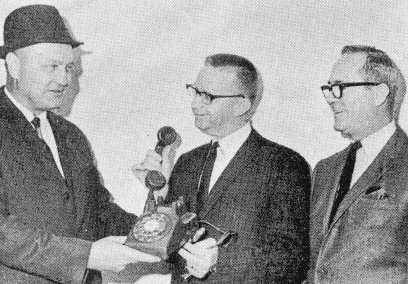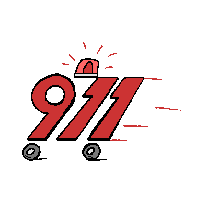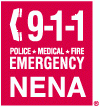|
|
World’s First 9-1-1 Call
Haleyville, AL – February 16, 1968
At 2 p.m. on Friday, Feb. 16, 1968 the first 911 call was placed from the mayor’s office in Haleyville (Ala.), and answered a short distance away at the police station.

Texas 9-1-1 Legislation
For Children and Teachers

Call 9-1-1 to report any emergency. Police, Fire or Medical.
If you need help immediately, call 9-1-1. Don’t waste time, call as soon as you think help is needed!
When to call 
- Car wreck
- Someone is choking on their food
- Fire of any type, house, woods or other building
- If you see a crime
- Dangerous situation such as gas leak or a power line down
- Someone is drowning
- Someone is hurt or is bleeding or is having trouble breathing
- Tornado or other severe weather damages your home
What Should I Say?
All you have to do is answer our questions! Stay on the phone and answer the Dispatcher’s questions as calmly as you can. We will ask the following:
- The Address of the problem.
We know the address of the phone, but we want to make sure the problem is at that address. If you do not know the address, be prepared to give directions or describe your location.
- The type of problem.
Tell us in plain language what is happening.
- Details about the problem
The Dispatcher is trained to get more information while the emergency units are responding.
|
When NOT to call 9-1-1…
Do Not Call 9-1-1 if the problem is not an emergency, look up the non-emergency number in the phone book. If you call 9-1-1 for non-emergencies, someone with a real emergency might have a delay in receiving service.

- Loud party or music
- Barking dogs or cats up a tree
- To ask directions or for general information
- To report water or electricity is out
- To check if a police report is ready
- To check for severe weather reports
|
|






